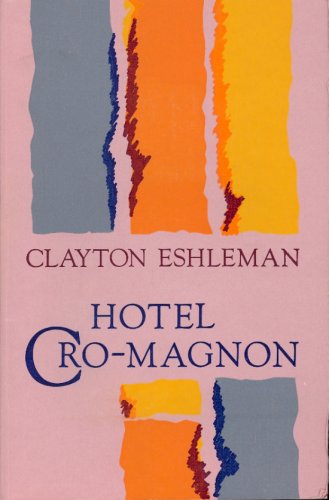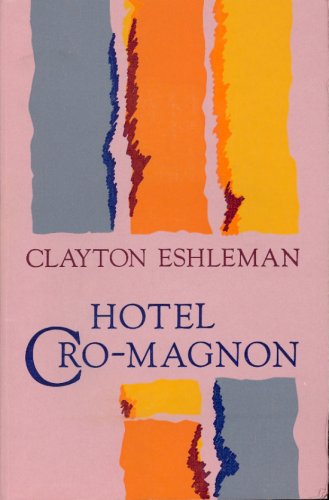
The title of this book comes from a hotel in the town of Les Eyzies in the French Dordogne, where the greatest concentration of Upper Paleolithic decorated shelters and caves are found. In 1868, in the Les Ayzies rock shelter called Abri de Cro-Magnon (“Cro-Magnon” meaning “big hole” in the local patois), the first skeletons of our direct ancestors were discovered. The shelter, now scoured of its holdings, can still be visited; it is part of the rockwall that undulates as the spinal backdrop of Les Eylzies; one section of the wall serves as the back wall of Hotel Cro-Magnon. The hotel can thus be thought of as the social outgrowth of our discovery of who we are.
The poetics of Hotel Cro-Magnon are based on the belief that there is an archetypal poem, and that its most ancient design is probably the labyrinth. The first words of a poem, from this viewpoint, propose and nose toward a confrontation with what the writer is only partially aware of, or may not be prepared to address until it emerges, flushed forth by meanders and dead-ends. Poetry twists toward the unknown and seeks to realize something beyond the poet’s initial awareness.

